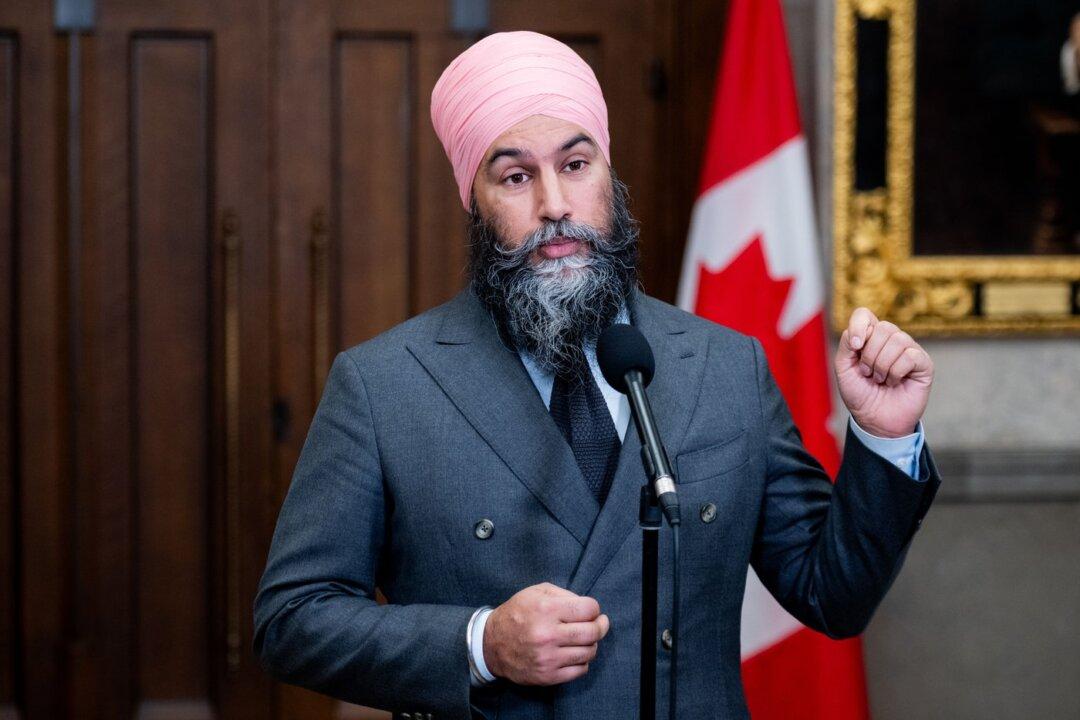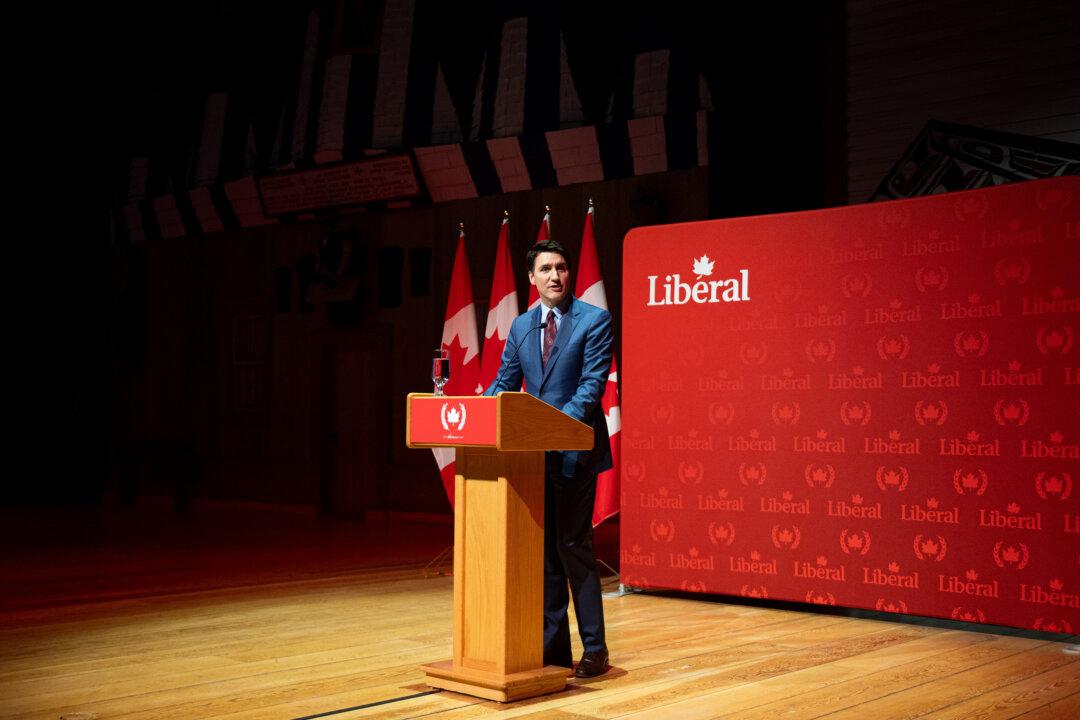It could be the rising disdain for globalist organizations as nationalist movements the world over gain more traction, or it could be that besides collectively accounting for 80 percent of the world’s trade, many of the member nations making up the G7’s more inclusive derivative have little else in common.
Whatever the case, as it marks the 20th anniversary of its inception later this week in Osaka, Japan, the G20 doesn’t seem to carry the same significance its earlier enthusiasts had hoped for while touting it as the key multilateral forum to rein in the financial crisis of the late 1990s and late 2000s.
But if nothing else, the two-day event is a chance for world leaders to meet in person and continue the next instalment in their individual bilateral relations. This could be why much of the attention is being focused on the meeting between U.S. President Donald Trump and Chinese leader Xi Jinping, as the trade woes between the world’s first- and second-largest economies continue.
As it relates to Canada, the 2018 G20 in Buenos Aires, Argentina, was a chance to have all three leaders of the CUSMA nations sign the new trade agreement, formerly NAFTA. This time around, a key issue for Canada is also tied to the U.S.-China talks, as no one in Ottawa can get a listening ear from the Chinese leadership to find a solution to the plight of the two Canadian citizens arrested in China and obstacles to Canadian exports—all in apparent retaliation by Beijing for Canada’s arrest of Huawei executive Meng Wanzhou.
While visiting Normandy, France, earlier this month, Prime Minister Justin Trudeau expressed the hope he would be able to talk with Xi directly during the G20 summit to address the ongoing issues. However, Chinese leaders have avoided discussions with Canada’s top brass, saying Ottawa should first release Meng.
Beijing rejected a request by Trudeau to talk with Chinese Premier Li Keqiang in January, ahead of China’s sentencing of Canadian citizen Robert Schellenberg to death on drug charges, according to CBC News. Canadian Foreign Affairs Minister Chrystia Freeland has also said her Chinese counterparts won’t discuss the issues with her.
This week, China asked Canada to suspend all meat exports, alleging forged certificates were to blame. This comes on top of China’s ban on canola imports and obstacles for other product imports including peas and soybeans.
Now, Ottawa is putting its hopes in Washington to raise Canada’s mounting grievances with China at the G20, taking place June 28–29.
While visiting Washington last week, Trudeau said he had extensive discussions about the China concerns with Trump, who pledged in a press conference that “anything I can do to help Canada, I will be doing.”
Asked if he would bring up the arrest of Kovrig and Spavor when meeting with Xi in Japan, Trump replied, “At Justin’s request, I will absolutely bring that up.”
The tone of the meeting and the joint stances were markedly different from a year ago at the conclusion of the G7 summit hosted by Canada in Charlevoix, Quebec.
Back then, as Trump left the summit and was on his way to a denuclearization meeting with North Korean leader Kim Jong Un in Singapore, Trudeau said in a news conference that Canada wouldn’t be “pushed around” by the United States, which had slapped tariffs on Canadian steel and aluminum, and said it was an “insult” that the Trump administration had cited national security grounds to make the legal case for the tariffs.
Trump, who saw the press conference aboard Air Force One, criticized Trudeau for making the comments after he had left the summit, saying the prime minister was “dishonest” and “weak” and adding that the tariffs were in response to Canada’s supply management of dairy products.
Trump’s economic adviser Larry Kudlow later said Trump saw Trudeau’s remarks as trying to weaken his hand before his meeting with the North Korean dictator, saying that “Kim must not see American weakness.”
Anthony Kim, a senior policy analyst with the Heritage Foundation, says last week’s Trudeau-Trump meeting was “timely, constructive, and forward-looking on many fronts.”
“It’s quite likely that Canada will join the United States in seeking to uphold the rules-based international order,” Kim said. “That stance will be reinforced by the upcoming G20 summit.”





